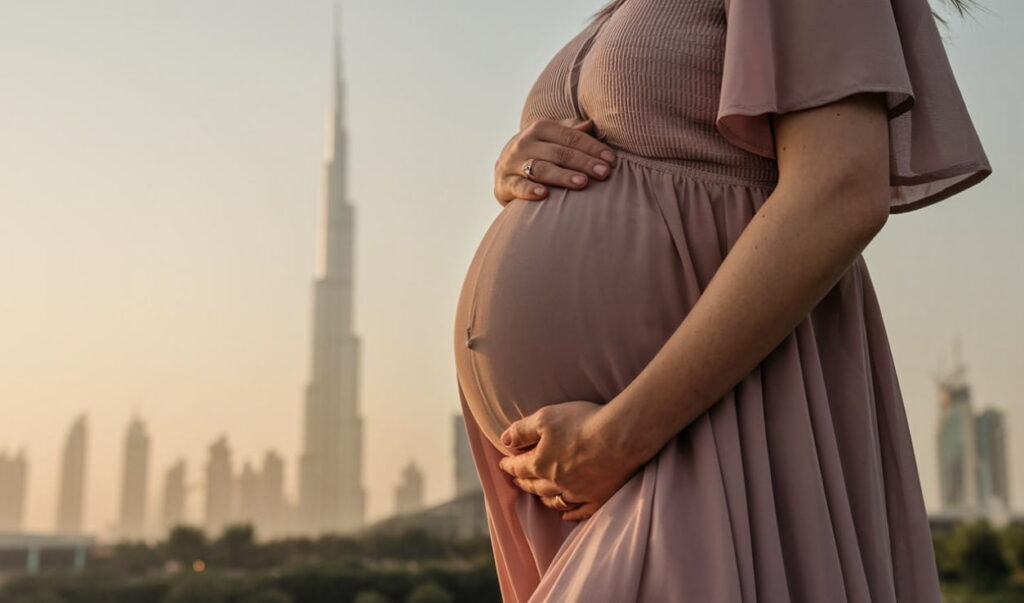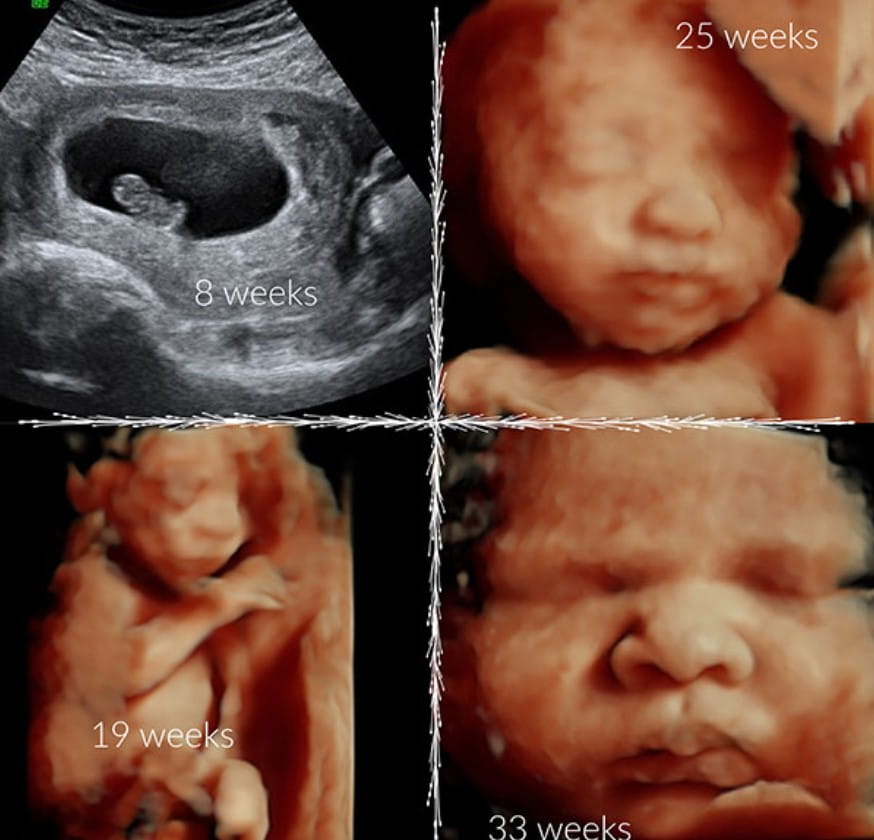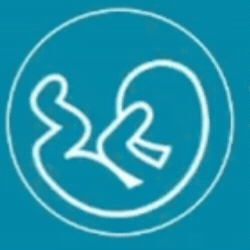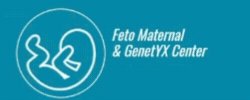How Your Fetus Grows During Pregnancy
Pregnancy is a miraculous journey that begins with a single fertilized cell and ends with the birth of a baby. Understanding the stages of fetal development can provide reassurance and excitement as you watch your baby grow inside you. In this guide, we’ll cover how pregnancy begins, how your baby develops week by week, and how your body changes to support your growing baby. Learn more about fetal growth and development at each stage of pregnancy.
How Does Pregnancy Begin?
What Is the Placenta?
The placenta forms soon after fertilization and plays a vital role throughout pregnancy. Acting as a lifeline between mother and baby, the placenta transports oxygen, nutrients, and hormones from the mother to the fetus, while removing waste products from the fetus back to the mother’s body.
Changes in Your Uterus During Pregnancy
How Long Does Pregnancy Last?
Trimesters: A Breakdown of Your Pregnancy Journey
Pregnancy is divided into three trimesters, each marked by distinct phases of fetal development and changes in your body:
- First Trimester (1–13 weeks): Fertilization occurs, and major organs begin forming.
- Second Trimester (14–27 weeks): Rapid growth and development happen, with many key systems taking shape.
- Third Trimester (28–40 weeks): The fetus gains weight and prepares for birth, with final touches on lung and brain development.
A healthy pregnancy starts with proper care, including understanding your baby’s development and taking steps to nourish both your body and your baby. Check out our guide on nutrition during pregnancy to ensure the best prenatal care, as it plays a crucial role during the early stages of development
Estimated Due Date (EDD) and How It’s Calculated

How Your Fetus Grows: Week-by-Week Breakdown
Weeks 1–8: Embryonic Stage:
Development Highlights:
- Brain and spine start forming.
- Cardiac tissue begins developing.
- Muscles of the eyes, nose, and mouth form.
- Fingers and toes start to develop.
- The inner ear begins to form, and lung tissue starts to develop.
Weeks 9–12: Early Fetal Development:
Development Highlights:
- Cartilage for limbs, hands, and feet begins forming.
- Eyelids form but remain closed.
- Fingernails develop, and urine production starts.
- Genitals and internal organs such as the liver, pancreas, and kidneys begin forming.
Weeks 13–16: Growing Strong:
Development Highlights:
- Bones harden, particularly the long bones.
- Skin is thin but will thicken soon.
- Toenails form, and the neck and limbs become more defined.
- Hearing starts to develop, and the lungs form tissue needed for breathing.
Weeks 17–20: Defining Features
- The brain’s motor control region is fully formed.
- The digestive system is functional.
- Ears, nose, and lips are recognizable on an ultrasound.
- In girls, the uterus and vagina begin forming.
- Soft lanugo hair starts to cover the body.

Weeks 25–28: Preparing for Birth
- Lungs are fully formed but not yet functioning.
- Eyelids can open and close.
- The nervous system continues developing, and surfactant starts forming in the lungs.
- The skin smoothens as more fat accumulates.
Weeks 29–32: Final Growth Push
- The fetus stretches, kicks, and can make grasping motions.
- Bone marrow forms red blood cells.
- The testicles descend in boys, and the head may have hair.
- The lanugo starts disappearing.
Weeks 33–36: Getting Ready for Birth
- The bones harden, but the skull remains flexible for birth.
- The fetus turns head-down in preparation for birth.
- Limbs look chubby, and fingernails reach the fingertips.
Weeks 37–40: Final Preparations
- The circulatory and musculoskeletal systems are fully developed.
- The lungs and brain complete development.
- The fetus adds fat to help regulate body temperature after birth.
Understanding the Miracle of Pregnancy: A Heartfelt Glossary for Expecting Moms in Dubai
- Cell: The smallest structural unit of the body.
- Egg: The female reproductive cell, also called an ovum.
- Embryo: The developing organism from fertilization to 8 weeks.
- Fallopian Tube: Tubes that transport the egg from the ovaries to the uterus.
- Fertilization: The process where the egg and sperm unite.
- Fetus: The developing human from 9 weeks until birth.
- Placenta: The organ that provides nutrients and oxygen to the fetus.
- Surfactant: A substance in the lungs that helps them expand for breathing.
- Lanugo: Fine hair covering the fetus’s body.
- Trimesters: Three divisions of pregnancy, each lasting about three months.
Pregnancy is an incredible journey filled with profound changes in both the mother’s body and the growing fetus. Understanding each phase of fetal development can help expectant parents appreciate the amazing progress their baby is making and prepare for the upcoming birth.
At FMGC, we understand the emotional and physical toll of pregnancies. Our team of best obstetrics gynecologists are committed to providing compassionate care and comprehensive support to help you through this blessed time. If you or a loved one is expecting, please reach out to us for expert care and guidance.
Contact Us: Feto Maternal & GenetYX Center Dubai, UAE
Follow Us on Social Media: Facebook: FMGC Facebook
Instagram: FMGC Instagram
LinkedIn: FMGC LinkedIn
Twitter: FMGC Twitter

